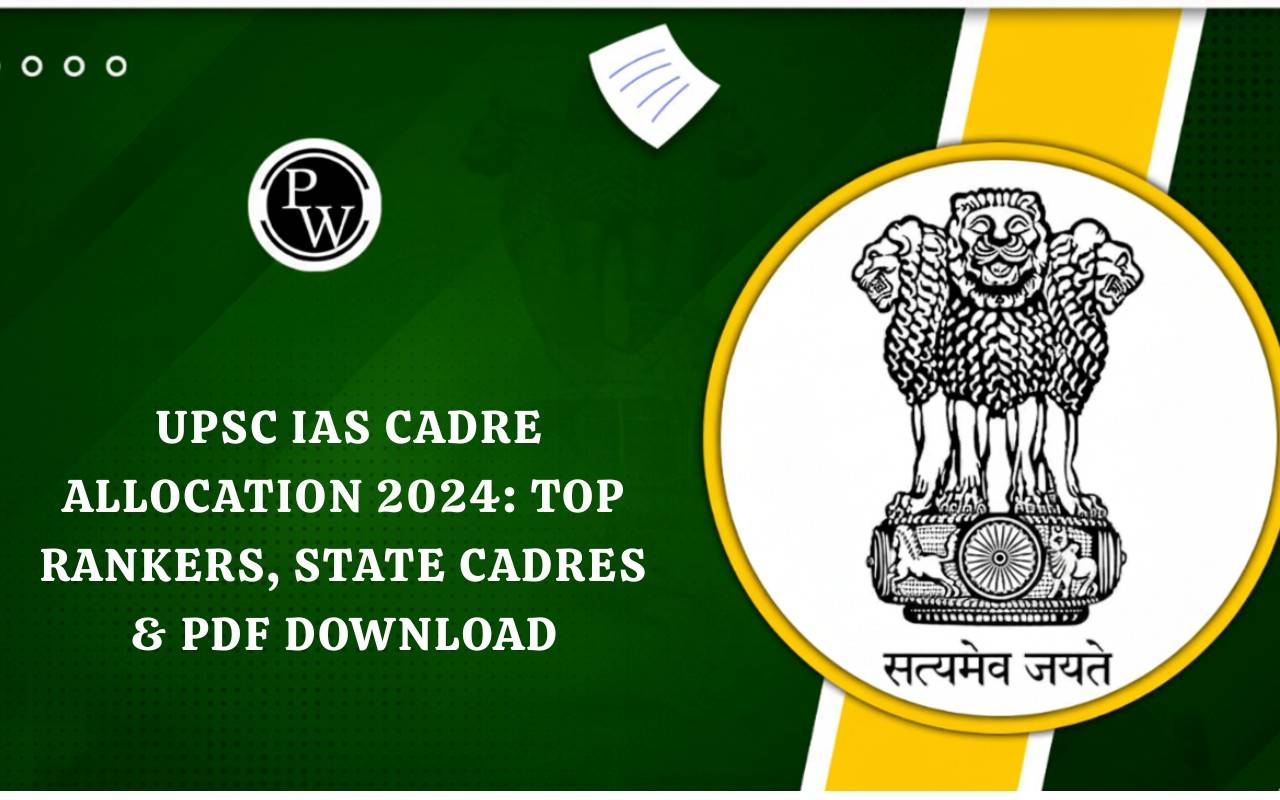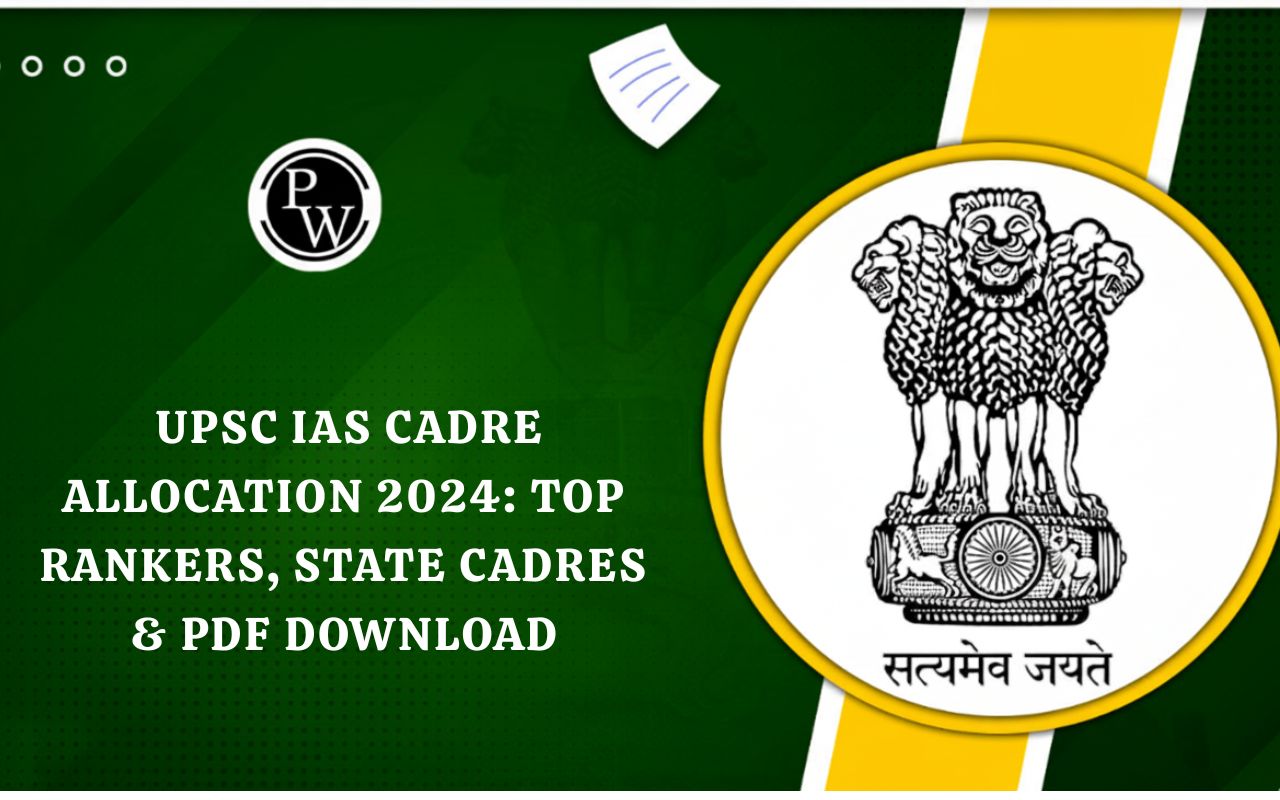
Procedure Established by Law and Due Process of Law are two critical doctrines followed by the Indian judiciary. While Procedure Established by Law emphasizes strict adherence to a legal framework, the Due Process of Law requires the law to meet a higher standard of fairness, ensuring that it is not arbitrary or oppressive.
Indian Judiciary initially followed the Procedure Established by Law until Maneka Gandhi (1978) case which led to the adoption of Due Process of Law principles. Find out the difference between Procedure Established by Law and Due Process of Law here.What is Due Process of Law?
The meaning of due process of law is a principle in legal systems that ensures a person is not deprived of their life, liberty, or property without a fair and impartial legal process. The concept ensures that the law must be applied equally, fairly, and justly, with the individual's rights being respected throughout the legal proceedings. The term originated from the Magna Carta (1215) and is rooted in the 5th and 14th Amendments of the American Constitution. In India, while the framers of the Constitution d id not explicitly use the term due process, it was indirectly incorporated through judicial interpretation, particularly after the Maneka Gandhi v. Union of India case in 1978.What is Procedure Established by Law?
Procedure Established by Law is a legal principle that finds its place in Article 21 of the Indian Constitution , which states that no person shall be deprived of their life or personal liberty except according to the procedure established by law . This concept means that the state can only deprive an individual of their life or liberty if the action is backed by law. However, it does not necessarily require that the procedure be fair, just, or reasonable. The principle of Procedure Established by Law taken from the British legal system in India is originally derived from the Japanese Constitution . A clear example of this is found in the Gopalan v. Madras (1950) case, where the Supreme Court upheld that a person's detention under a preventive detention law was valid as long as the law itself was followed, without considering whether the law was fair or reasonable.Difference Between Procedure Established by Law and Due Process of Law
Indian judiciary is currently applying both Procedure Established by Law and Due Process of Law while looking at legal matters. However, there are significant differences among the two concepts. The following table highlights the Difference Between Procedure Established by Law and Due Process of Law:| Difference Between Procedure Established by Law and Due Process of Law | ||
| Aspect | Procedure Established by Law | Due Process of Law |
| Definition | A principle that allows the state to deprive an individual of life and liberty if the procedure laid down by law is followed. | A principle that ensures laws depriving an individual of life, liberty, or property are fair, just, and reasonable. |
| Origin | Japanese Constitution | Derived from the American legal system (5th and 14th Amendments). |
| Constitutional Provision | Article 21 in Constitution of India | Is not explicitly mentioned but interpreted from Article 21 by the judiciary. |
| Scope | Narrow, as it applies strictly to procedure. | Broader, covering both the procedure followed and the substantive fairness of the law |
| Judicial Review | Judicial review is restricted to ensuring that the procedure prescribed by law is followed. | Judicial review is broad and includes an examination of both the fairness and reasonableness of the law. |
| Protection of Rights | Only focuses on whether the legal procedure has been followed; individual rights may be compromised. | Focuses on the protection of individual rights through just procedures and protects against arbitrary state actions. |
| Example | A. K. Gopalan v. State of Madras (1950) | Maneka Gandhi v. Union of India (1978) |
Relationship Between Procedure Established by Law and Due Process of Law
The concepts of Procedure Established by Law and Due Process of Law are both crucial in protecting personal liberty under Article 21 of the Indian Constitution. Initially, the Indian judiciary followed the Procedure Established by Law, meaning that laws depriving a person of liberty must follow prescribed procedures. However, in the Maneka Gandhi case, the Court expanded this to include Due Process of Law, which requires that laws be not only procedurally correct but also fair, just, and reasonable . Thus, while Procedure Established by Law ensures legal compliance, Due Process ensures that the law is fair and just, offering broader protection of fundamental rights.UPSC CSE PYQs
In essence, what does' Due Process of Law' mean?- The principle of natural justice
- The procedure established by law
- Fair application of law
- Equality before law
Ready to enhance your UPSC preparation? Explore PW UPSC Courses for comprehensive guidance!
| UPSC Related Articles | ||
| Gandhi Jayanti 2024 | NCERT for UPSC Exam 2025 | National Commission for Women |
| Kumbh Mela 2025 | G20 Summit 2024 | Indus Waters Treaty |
Procedure Established by Law and Due Process of Law FAQs
What is the Due Process of Law in India?
The Due Process of Law ensures that laws depriving a person of life, liberty, or property are fair, just, and reasonable, protecting individual rights from arbitrary state action.
What is the Meaning of Procedure Established by Law?
It is a principle where a person can only be deprived of life or liberty if the procedure prescribed by law is followed.
What is the difference between due process of law and procedure established by law?
The procedure established by law means that a person can only be deprived of their rights if it follows the legal process. The Due process of law ensures that such laws are fair, just, and reasonable, protecting individuals from arbitrary actions by the state.
How is Article 21 in the Constitution of India related to these doctrines?
Article 21 guarantees the right to life and personal liberty, interpreted by courts to include both Procedure Established by Law and elements of Due Process of Law.
What is the difference between the origins of these doctrines?
Procedure Established by Law is derived from the Japanese Constitution, while Due Process of Law is based on the American legal system.
🔥 Trending Blogs
Talk to a counsellorHave doubts? Our support team will be happy to assist you!

Check out these Related Articles
Free Learning Resources
PW Books
Notes (Class 10-12)
PW Study Materials
Notes (Class 6-9)
Ncert Solutions
Govt Exams
Class 6th to 12th Online Courses
Govt Job Exams Courses
UPSC Coaching
Defence Exam Coaching
Gate Exam Coaching
Other Exams
Know about Physics Wallah
Physics Wallah is an Indian edtech platform that provides accessible & comprehensive learning experiences to students from Class 6th to postgraduate level. We also provide extensive NCERT solutions, sample paper, NEET, JEE Mains, BITSAT previous year papers & more such resources to students. Physics Wallah also caters to over 3.5 million registered students and over 78 lakh+ Youtube subscribers with 4.8 rating on its app.
We Stand Out because
We provide students with intensive courses with India’s qualified & experienced faculties & mentors. PW strives to make the learning experience comprehensive and accessible for students of all sections of society. We believe in empowering every single student who couldn't dream of a good career in engineering and medical field earlier.
Our Key Focus Areas
Physics Wallah's main focus is to make the learning experience as economical as possible for all students. With our affordable courses like Lakshya, Udaan and Arjuna and many others, we have been able to provide a platform for lakhs of aspirants. From providing Chemistry, Maths, Physics formula to giving e-books of eminent authors like RD Sharma, RS Aggarwal and Lakhmir Singh, PW focuses on every single student's need for preparation.
What Makes Us Different
Physics Wallah strives to develop a comprehensive pedagogical structure for students, where they get a state-of-the-art learning experience with study material and resources. Apart from catering students preparing for JEE Mains and NEET, PW also provides study material for each state board like Uttar Pradesh, Bihar, and others
Copyright © 2025 Physicswallah Limited All rights reserved.
Get App









